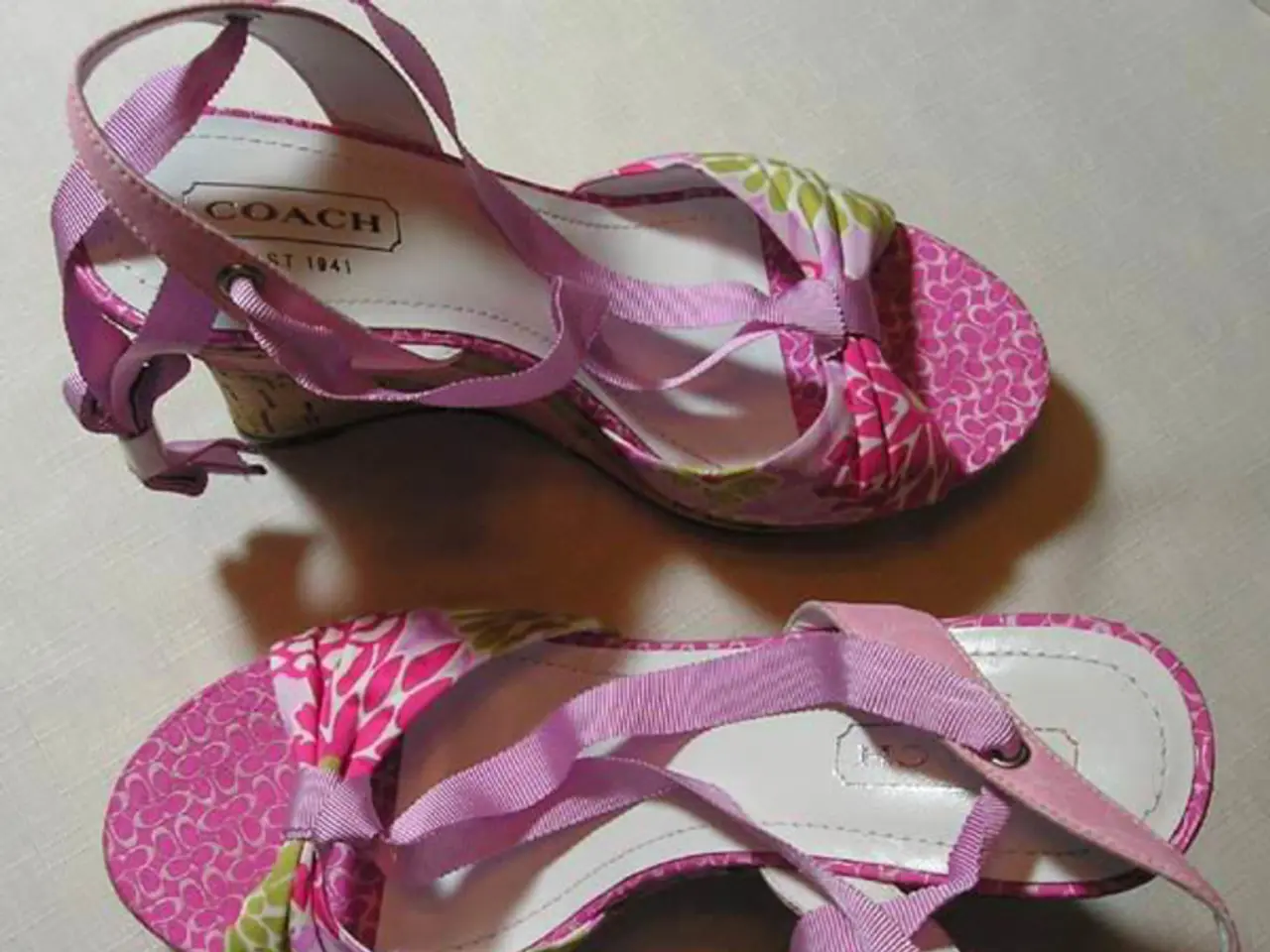Apology from Adidas in Mexico over accusations of cultural exploitation
In the world of global fashion, a heated debate has been unfolding over Adidas' "Oaxaca Slip-On" sandals. The design, which closely resembles traditional huaraches crafted by Indigenous artisans in Oaxaca, particularly from Hidalgo Yalalag, has sparked accusations of cultural appropriation.
The controversy centres around the lack of credit or benefit given to the original communities, with the local government of Oaxaca condemning Adidas and designer Willy Chavarría for exploiting cultural symbols. Reports suggest that legal action may be imminent to protect Indigenous cultural heritage and prevent unauthorised commercial exploitation.
The "Oaxaca Slip-On" was designed by Chavarría, a Mexican-American fashion designer, and launched with Adidas. The sandals, manufactured outside Mexico, reportedly in China, have further fuelled criticisms. Indigenous communities in Oaxaca, who keep the huarache craft alive, have received no recognised credit or compensation, intensifying accusations that Adidas is profiting off Mexican and Indigenous culture without consent or collaboration.
The backlash has sparked a wider discussion about cultural appropriation in global fashion, the ethics of design borrowing, and the responsibilities of large brands to Indigenous communities and their traditional knowledge.
After facing significant public outrage, Adidas and Chavarría have remained largely silent. However, recent developments indicate a shift in stance. Chavarría has issued an apology for the cultural appropriation of the "Oaxaca Slip-On" shoe design, acknowledging that the intention was to honour the cultural and artistic spirit of Oaxaca, but the design fell short of the respect and collaborative approach that Oaxaca and its people deserve.
In a statement to the BBC, Chavarría expressed deep regret that the shoe was appropriated in the design and not developed in direct and meaningful partnership with the Oaxacan community. Adidas, too, has issued an apology for the cultural appropriation accusations, emphasising their respect for the cultural richness of Mexico's Indigenous communities and the importance of their craft heritage.
The Oaxaca Governor, Salomon Jara, has emphasised that "huaraches from Yalalag are part of the cultural heritage of this community, a tradition that has been passed down from generation to generation and reflects its identity." Jara added that this heritage is one of their greatest treasures and must not be treated as a commodity. Mexican President Claudia Sheinbaum described the shoe design as "inappropriate cultural appropriation."
In a positive step towards rectifying the situation, the German sportswear manufacturer has committed to working with Yalalag in a respectful dialogue that honours their cultural heritage. This incident highlights ongoing tensions between international fashion brands and Indigenous cultural rights, emphasising the importance of respectful collaboration and benefit-sharing when using traditional designs.
Mexico has passed legislation in 2022 to protect Indigenous and Afro-Mexican peoples' intellectual and cultural property. As the fashion industry continues to evolve, it is crucial for brands to recognise and respect the cultural significance of traditional designs, ensuring fair and equitable partnerships with the communities they represent.
Read also:
- Highlighting the Significance of Off-the-beat Experiences
- City endorses installation of "rainbow steps on the boardwalk" - a universal emblem of diversity and harmony.
- Proposal put forward for grandparents to have the ability to jot down their grandkids' names in their passports
- Politics favors the older demographic








